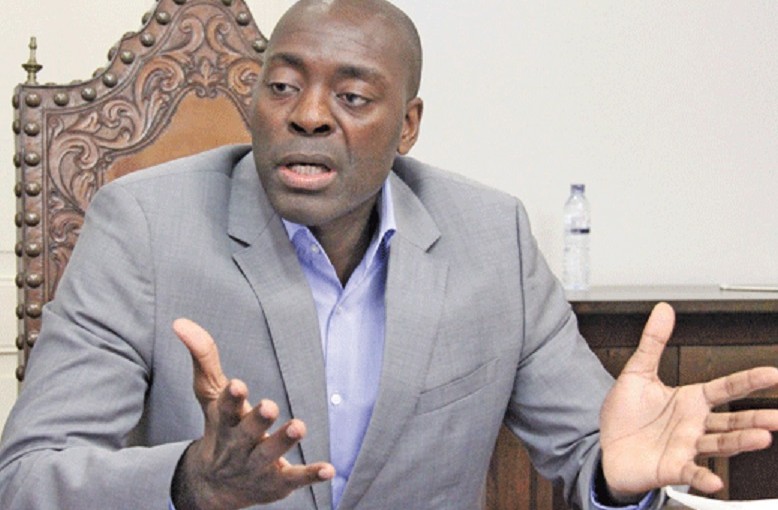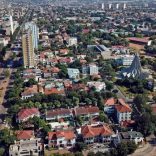Mozambique: FADM military personnel practice Tactical Combat Casualty Care skills
“Nobody should stay in a situation of illegal imprisonment, not for a single second” – Mozambique’s Supreme Court Judge

Notícias / Pedro Nhatitima, Supreme Court Judge and Spokesperson
Pedro Nhatitima, the spokesperson for the Mozambican Supreme Court, has denied the frequent claim that the court, when it accepts habeas corpus demands from citizens, is “releasing criminals”.
The Supreme Court is dealing with an increasing number of habeas corpus appeals, and a week ago ordered the release of Danish Abdul Satar, a man believed by the police to be involved in the series of kidnappings of business people which have alarmed Mozambican cities since late 2011.
But Satar had not been formally charged with any offence, and had been kept in preventive detention for 158 days, much longer than the 90 days allowed by law.
Interviewed in Monday’s issue of the Maputo daily “Noticias”, Nhatitima pointed out that the court was merely implementing the law. “Who said that these people are bandits or criminals?”, he asked. “Those who have the power to declare people criminals are courts, through passing a definitive sentence. Before sentence has been passed a person is presumed to be innocent”.
Habeas corpus rights, he pointed out, are envisaged in the Mozambican constitution and in the Penal Procedural Code. Under this legislation, when people find themselves illegally detained, because the period of preventive detention has expired, they have every right to demand their release.
The number of people taking habeas corpus appeals to the Supreme Court has been gradually rising – from six in 2014 to 17 in 2015. So far this year there have been 14 such appeals, and Nhatitima was confident there would be many more before the end of the year. “Our role is to be attentive towards the rights enshrined in the Constitution”, said Nhatitima.
“It is important to note that, under the democratic rule of law, freedom is the norm and imprisonment is the exception”, he stressed.
Nor was it tolerable for the police to detain someone in order to investigate him. “Unless they are caught red-handed, people may only be detained, when there are enough facts or materials which might indicate that they can be charged”, Nhatitima said
When people’s rights were denied, and they were held without charge beyond the legal period of preventive detention, then the courts, particularly the Supreme Court, must step in to order their release, he said
Release did not mean that the suspect was necessarily innocent. “We are saying that within the period of investigation, in the established time frame, nothing was found sufficient to charge this person with a crime”, said Nhatitima.
Investigations could continue, but with the suspect in conditional freedom. The court that released the suspect could still order him not to leave the country, or leave a particular province or city without authorization, and to report to the court every week or every month.
“One thing is certain – since our state is ruled by law, nobody should stay in a situation of illegal imprisonment, not for a single second. That’s why the habeas corpus provision exists”, declared Nhatitima.
He urged all those who are unjustly detained to make use of the habeas corpus rules to request their immediate release. “We have to act in accordance with what is in the Constitution”, he said. “In the Supreme Court, we are not going to cover up for the negligence of other institutions”.












Leave a Reply
Be the First to Comment!
You must be logged in to post a comment.
You must be logged in to post a comment.